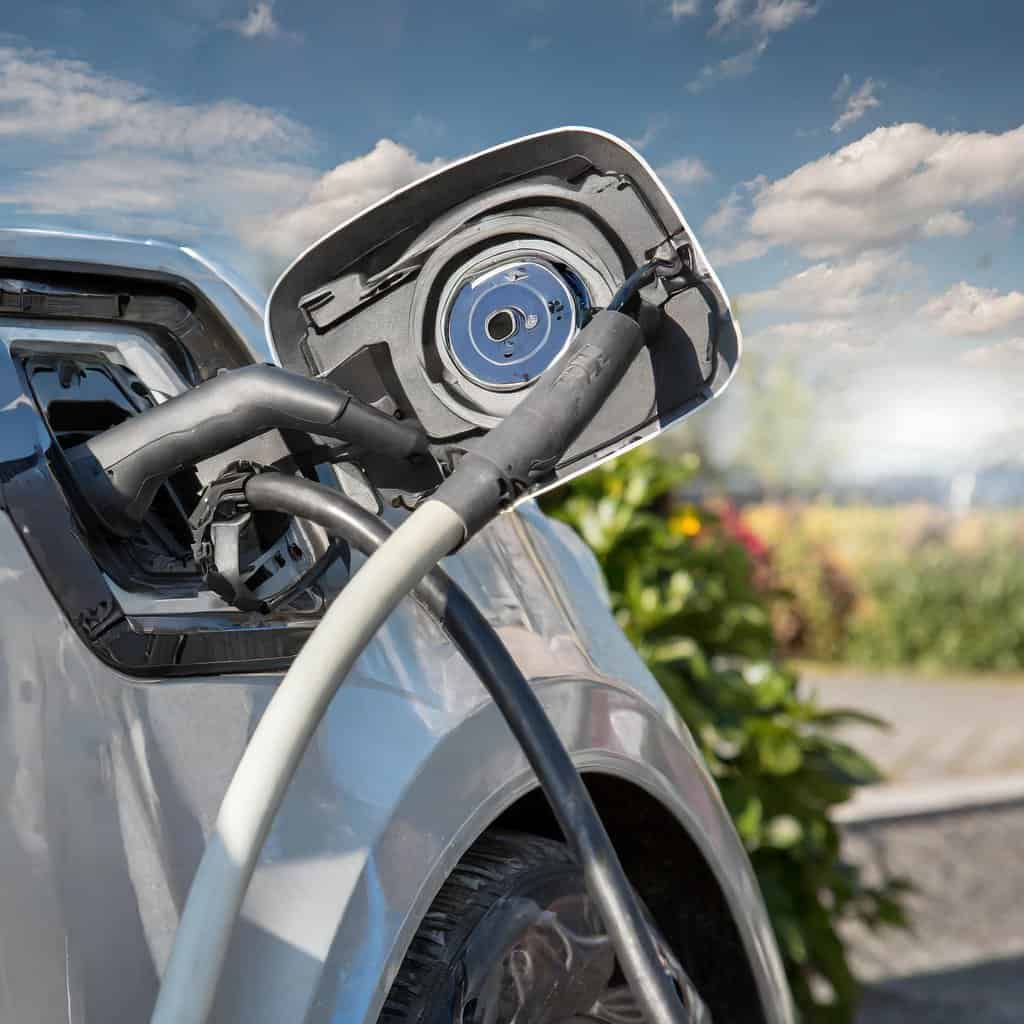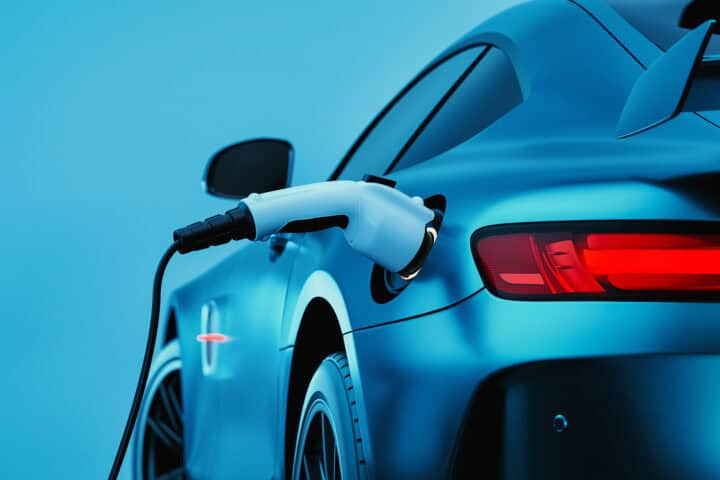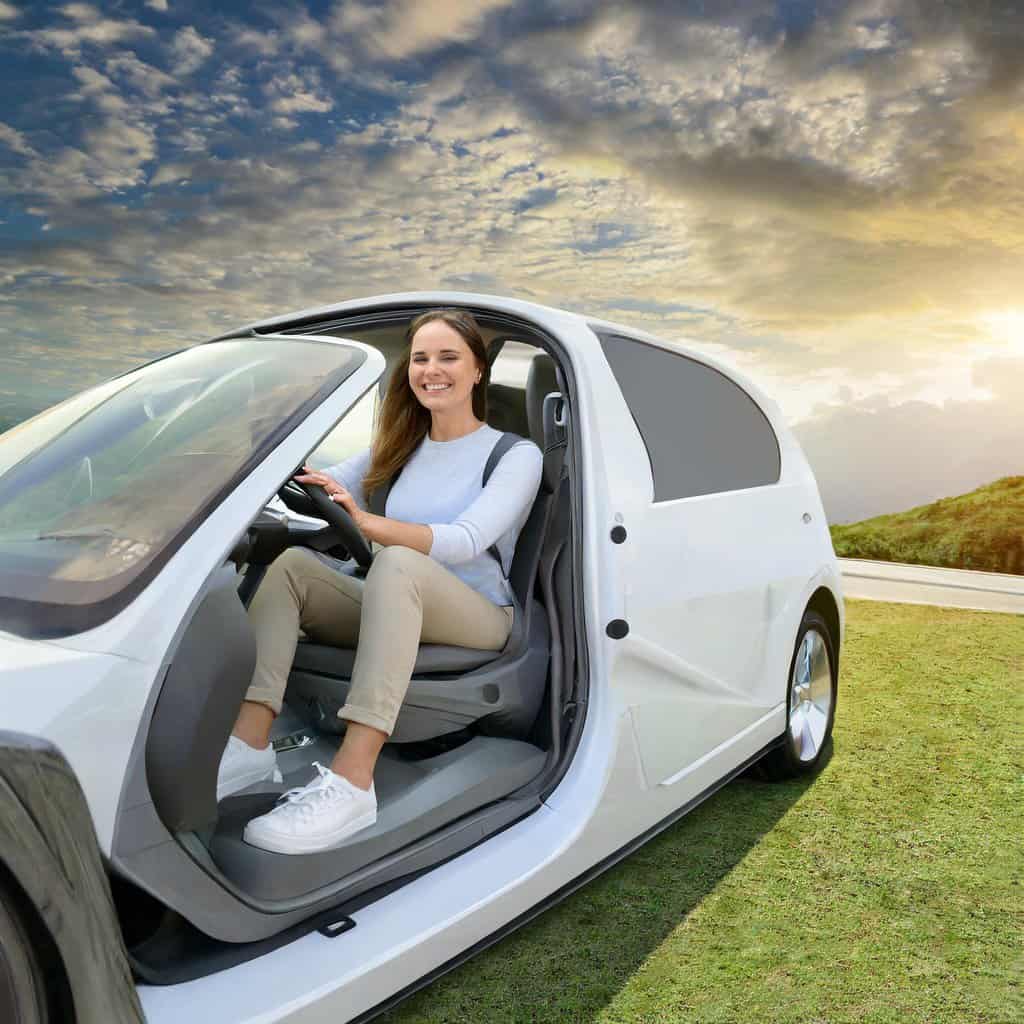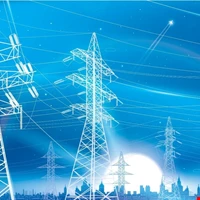Today marks the launch of Ionna, a joint venture by seven major automakers to establish a network of 30,000 high-powered EV chargers across North America. This initiative aims to address the lack of practical charging options, a significant barrier to EV adoption. The network will support vehicles with Tesla’s North America Charging Standard or Combined Charging System ports. Additionally, Ionna plans to utilize solar energy for powering the stations, enhancing the sustainability of the charging infrastructure. The expansion of such networks is crucial for the growth of the electric vehicle market and the transition towards cleaner transportation options.
In a nutshell, Ionna, an electric vehicle charging shared venture owned by seven major automakers, has been given regulatory approval to start operations, the company announced in a press release on Friday. BMW, General Motors, Honda, Hyundai, Kia, Mercedes-Benz, and Stellantis are the joint venture partners who intend to install at least 30,000 high-powered EV chargers in key Northern American locations. This year, the second stations in the United States will open, followed by those in Canada. Drivers will be able to travel farther distances thanks to the numerous high-powered chargers that each charging location will have. In order to enable drivers to pay for charging sessions without the use of an app or credit card, Ionna even intends to offer plug-and-charge technology.
The initiative by Ionna signifies a substantial leap forward in addressing the prevalent issue of charging infrastructure, which has been a significant barrier to the widespread adoption of electric vehicles (EVs). The establishment of 30,000 high-powered charging stations across North America by a coalition of leading automakers underscores the automotive industry’s commitment to facilitating EV adoption and enhancing consumer convenience.
Is is really ? Enhancing EV Charging Infrastructure throught the US
The lack of practical charging options, which is a major obstacle to common EV adoption, is the goal of the Ionna charging network. Drivers of electric vehicles equipped with Tesla’s North America Charging Standard or Combined Charging System ports will be able to access the network. Following announcements from many major automakers that they intended to include the NACS port in future models beginning in 2025, the compatibility with the port has been made. Ionna can access $7.5 billion in federal funding under the bipartisan infrastructure law passed in 2021 to increase EV charging infrastructure in the United States by providing the CCS plug.
As some automakers strengthen their electrification plans, there is a push for increasing access to easy charging. Some automakers are also betting on the market to grow over the long term, despite the fact that some have scaled back their EV rollouts owing to lower-than-expected demand at the end of 2023.
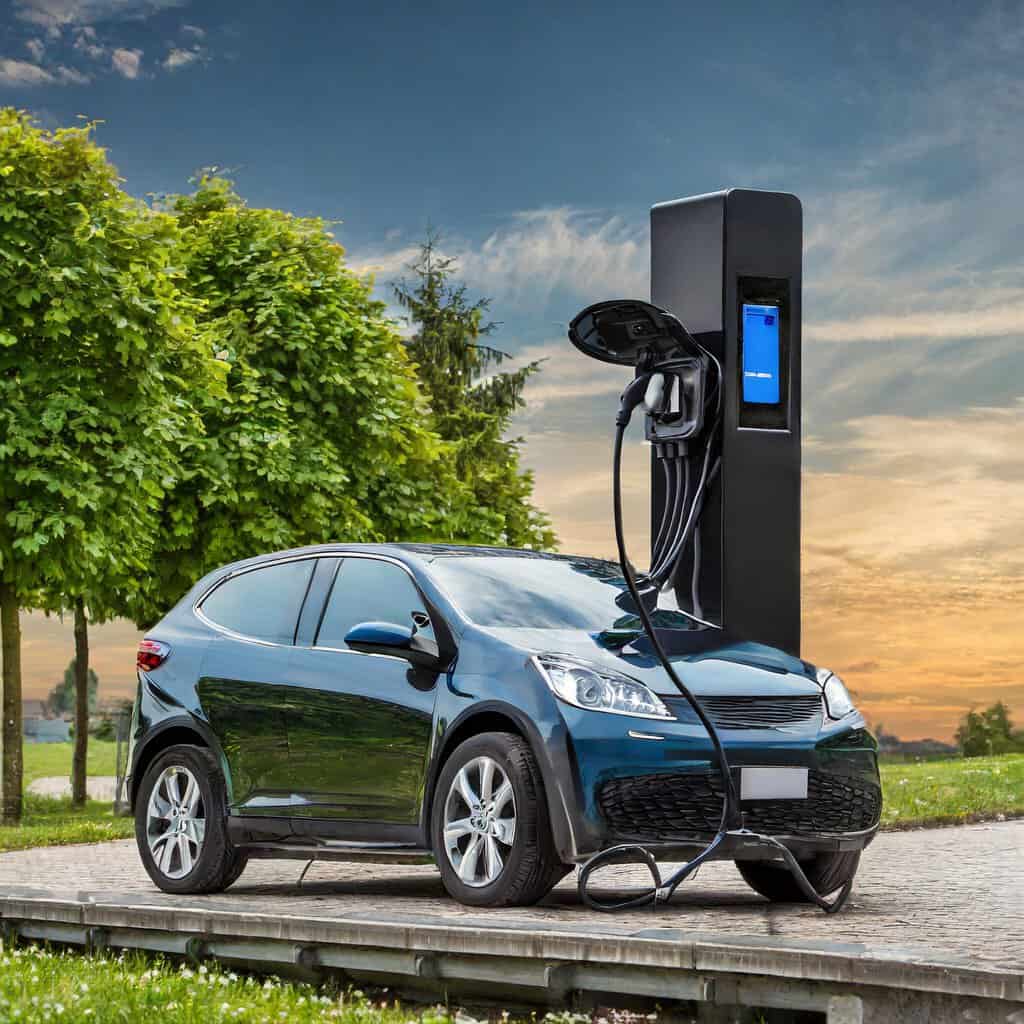
Are there Additional Benefits? The group choice for Solar Power Utilization
The charging sites will offer additional benefits: the charging stations will have amenities like stores, restaurants, and restrooms close to or inside the same complex. Participating automakers’ vehicle infotainment units will provide access to charging network features and services like navigation, route planning, payment processing, and energy management. Ionna continued by saying that the business plans to use solar energy to power the charging stations.
The National Renewable Energy Laboratory predicted that in order to build a network big enough to support 42 million electric vehicles (EVs), the United States would need 182,000 publicly accessible DC fast chargers. The number of public and private EV charging stations nearly doubled, from 87,352 in the third quarter of 2019 to 161,562 the first quarter in 2023, according to the U.S. Department of Energy.
In the rapidly evolving electric vehicle market, the expansion of charging infrastructure is crucial for supporting the growing number of EVs on the road. The Ionna venture represents a significant step towards creating a sustainable and accessible charging network, which is vital for the transition towards cleaner transportation options. The initiative not only aims to enhance convenience for current EV owners but also to encourage more consumers to consider electric vehicles as a viable and practical option for their transportation needs.

